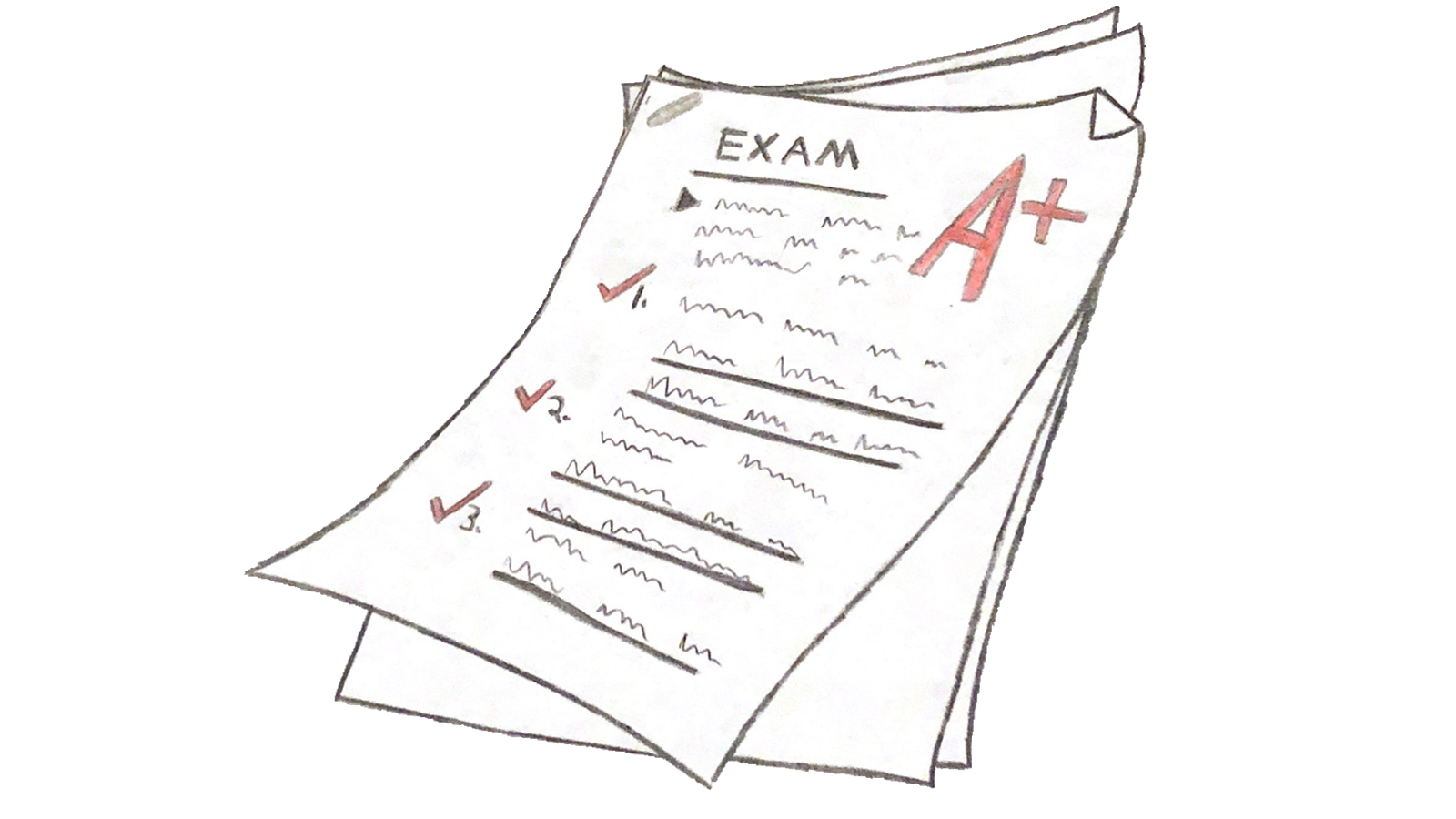AGAINST SAT SUBJECT TESTS:
SAT Subject Tests, which have been around since 1937, are gone. First of all, no college or university in the United States requires applicants to submit SAT Subject Tests, and only a few “recommend” the exam. By contrast, the College Board’s “All In” program actively strives to recruit ethnically and socio-economically diverse students into the AP program by calling, emailing and sending letters to teachers, parents and students in urban high schools. This initiative has made the AP program more relevant and equitable.
The AP expansion efforts have borne fruit: in 2017, 219,000 students took a Subject Test while approximately 2.8 Million sat for at least one AP exam. College Board CEO David Coleman explains that in AP courses “Students are challenged to engage thoughtfully with complex text, to solve problems, and to write persuasively and succinctly.” The Subject Tests by contrast focus on students’ memorization skills rather than skills that would be beneficial for college and the workplace.
SAT Subject Tests also bring into question exam accessibility and equity. AP courses allow students to learn from a standardized syllabus creating a more equal opportunity as students are taught from the same syllabus across the country. All AP students have access to a free resource called myAP, which features previous AP exam questions, enables them to check individual course progress and prepare for the final exam. In contrast, test prep for the Subject Tests cost money. Thus, in every way, the Subject Tests raise barriers to qualified students from underrepresented groups who seek admission to the country’s most selective colleges.
In the end, the SAT Subject Tests have been abolished and there is no going back.
PRO SAT SUBJECT TESTS:
The College Board needs to walk-back its ending of the SAT Subject Tests. To start, the College Board stated that Advanced Placement courses were much more suitable measures of a student’s knowledge in specific subject areas compared to the subject test examinations. However, they do not take into account international, ESL, bilingual, and home-schooled students, as well as schools that do not offer AP courses to sophomores and freshmen, such as Winsor.
Selective schools usually either require, recommend, or consider Subject Tests. With the possible exception of a required Math Subject Test for competitive STEM programs, a Subject Test can generally only help your application. Even if you aren’t required to submit SAT Subject Tests, it can be a good idea if you are trying to establish an area of specialty or apply to a specialized program.
For the 2020-2021 school year, the SAT costs $52.00, and the SAT with essay costs $68.00. With these prices in mind, the College Board claimed to frame the SAT II changes as student-centered and equity-driven. However, while creating equitable opportunities for students across all social and economic backgrounds is crucial, the subject tests cost approximately $26.00 – nearly half of the actual SAT.
In addition, if the College Board is trying to appeal to more low-income and socio-economic communities, why do the AP exams cost approximately three times that of an SAT subject test – ($93)? It is important to note that not everyone has the same access to resources to prepare for these tests, but this is true for all standardized assessments.





